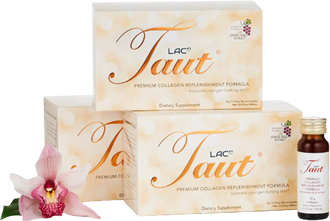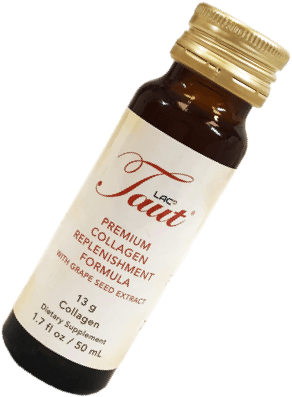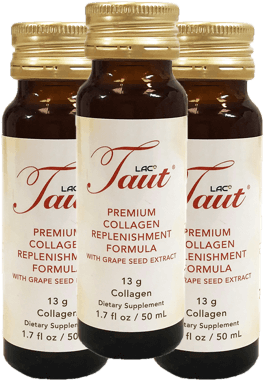Menopause: Symptoms and Natural Alternative Treatments

Like wrinkles and age (and the increasing desire to sleep early and stay away from crowds!), menopause is an inevitable—and completely natural—thing that affects all women.
Menopause can be uncomfortable and unpleasant by affecting the way you feel, and it can also change the way you look.
Today we’ll talk about common menopause symptoms, how they can change your body inside and out and what solutions you can consider.
The Onset: What Is the Menopause Age Range?
Menopause is defined as the end of a woman's menstrual cycle. The average age when menopause begins to occur for women in the United States is 51. For some women it can start as early as in their 40s, while others may experience it later in their 50s. The most common age range is 48-55. If menopause occurs in women under 40, it’s considered premature (1)
What Happens During Menopause?
Beginning in your late 30s, your body begins to produce less estrogen and progesterone, the hormones that affect and regulate menstruation. As these hormones decline, so does your fertility.
In your 40s, this can result in periods that are irregular -- they can become lighter or heavier, longer or shorter, or only occur periodically and not with the regularity you experienced before. This can occur until your ovaries finally stop producing eggs, which results in complete menopause.
Menopause Symptoms
First, the good news: menopause isn't permanent and it’s not necessarily terrible for everyone. In some women symptoms can be gone in as little as one year (although the average time is closer to four years). For other women, menopause signs may last even longer.
The point is, everybody experiences menopause differently.
In some cases, the symptoms may not be as bothersome for some women as for others. So, you never know where you’ll lie on the spectrum!
Even in the years leading up to menopause (perimenopause), you can begin experiencing some of the symptoms associated with the condition.
Most common symptoms include:
- hot flashes
- irregular periods
- night sweats
- vaginal dryness
- issues with sleep
- mood changes
- thinning hair
- dry skin
- weight gain and a slower metabolism
Skipping periods is also very common during perimenopause. Periods may skip a month or several months before returning. Despite this, pregnancy can still occur.
Some of the more problematic menopause symptoms are changes in mood, incontinence, problems sleeping, vaginal dryness and infections, depression and anxiety and memory issues.
Mood changes:
may include crying spells or general feelings of annoyance and irritability. If you had issues like these during your period, or if you had postpartum depression, you are more likely to have mood changes during menopause. And even if you never had any mood problems during your period or after giving birth, you can still experience them during menopause.
Incontinence, vaginal dryness and vaginal infections:
occur as a result of the loss of the hormone estrogen. Lack of estrogen can make the tissues in your vagina thinner and drier, and more likely to slightly tear (for example, during sex). Lack of estrogen can also weaken the urethra, making incontinence an issue. Urinary tract infections may become more common as a result, while STDs and STIs can also become an issue due to the tears in the vagina that can make a person more susceptible to these infections.
And if that wasn’t fun enough, low levels of progesterone can make it difficult to fall asleep and stay asleep. Meanwhile, low levels of estrogen can cause hot flashes at night leading to night sweats. This can be uncomfortable and might even wake you up and make it harder to go back to sleep.
Depression and anxiety can also be experienced in menopausal women. Sometimes this is the result of trying to come to terms with aging. However, it can also simply be fluctuations in hormones and the stress of the most common menopause symptoms. The changes that occur can easily cause stress, especially if they happen suddenly or abruptly.





